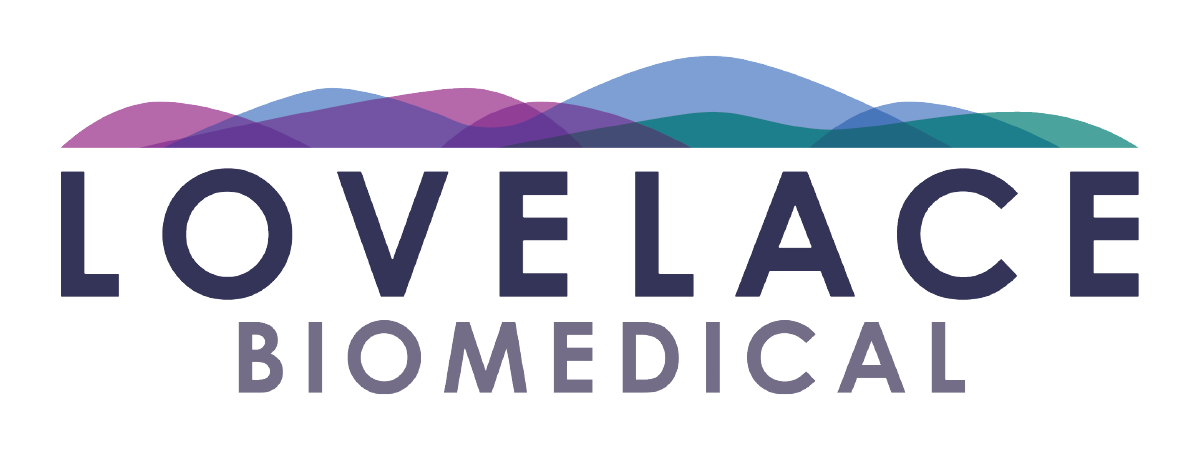Innovation is percolating around new approaches to treating injuries that result from chemical, biological, radiological and nuclear defense, as well as other public health emergencies.
With funding from BARDA and other government entities, commercial pharmaceutical and biotechnology firms are seeking to repurpose existing molecules to save more lives. Lovelace Biomedical’s team has a 20-year track record of completing government-funded studies that result in new medical countermeasures, including programs seeking approval under FDA’s Animal Efficacy Rule.
BARDA, short for Biomedical Advanced Research and Development Authority, is a division of the U.S. Department of Health and Human Services that’s focused on the development and purchase of necessary medical countermeasures such as vaccines, drugs, therapies and diagnostic tools for public health medical emergencies. Through its funding to drug development programs, it seeks to spur innovative approaches to meet the threat of Chemical, Biological, Radiological and Nuclear (CBRN) agents, emerging infectious diseases and pandemic influenza. Lovelace is actively working with several pharmaceutical clients who are looking to apply their science to new indications in the countermeasures space.
What makes a CRO well-equipped to take on a medical countermeasures study?
Organic chemistry expertise. Lovelace Biomedical is staffed with organic chemists who are skilled at synthesizing restricted research materials with high precision. While synthesis of certain materials is prohibited in some areas of the U.S., it is allowed in New Mexico, where Lovelace’s facilities are based.
Dedicated wing for medical countermeasures. To prevent any outside contamination, preclinical evaluation and Animal Rule testing of molecules used as medical countermeasures requires a dedicated and highly secure lab space. Lovelace operates a full wing devoted to testing chemical agents for countermeasures, and has the ability to work with agents requiring containment and chemical surety, including agents that seek to counteract chemical warfare or toxic industrial chemical (TIC) exposures.
Multidisciplinary teams. Testing drugs that may be used as medical countermeasures requires diverse skillsets, which necessitates a team that can work together seamlessly to handle the many demands of a study. These teams often includes scientists that specialize in pharmacodynamics and pharmacokinetics, specialty-care physicians, veterinarians, pulmonologists, and many other consultants and medical specialists.
An understanding that the best treatment is the easiest treatment. With medical countermeasures, fast treatment is essential. Lovelace has been working on countermeasure research since the mid 1990s and has a shrewd understanding of the essential elements of a successful therapeutic agent for various threats, ranging from chemical to nuclear.
Contact us for more information about Lovelace Biomedical’s CRO capabilities in medical countermeasures, or visit the medical countermeasures section of our website.

